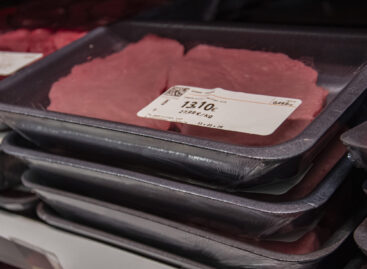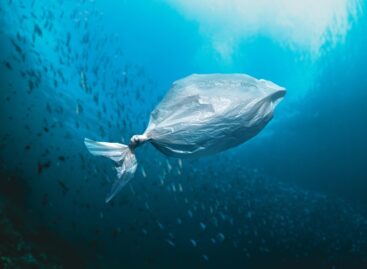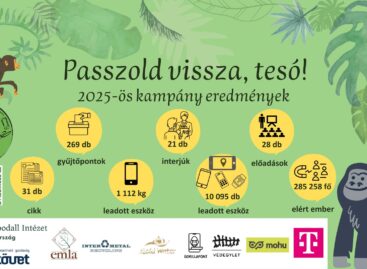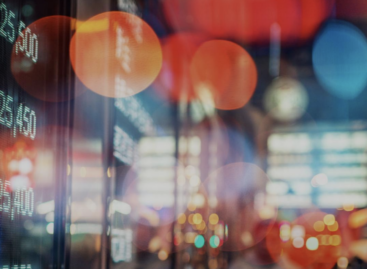Plastic Pandemic: COVID-19 Trashed The Recycling Dream
The coronavirus pandemic has sparked a rush for plastic. From Wuhan to New York, demand for face shields, gloves, takeaway food containers and bubble wrap for online shopping has surged. Since most of that cannot be recycled, so has the waste.
But there is another consequence. The pandemic has intensified a price war between recycled and new plastic, made by the oil industry.
It’s a war recyclers worldwide are losing, price data and interviews with more than two dozen businesses across five continents show.
Nearly every piece of plastic begins life as a fossil fuel. The economic slowdown has punctured demand for oil. In turn, that has cut the price of new plastic.
The manufacture of four plastic bottles alone releases the equivalent greenhouse gas emissions of driving one mile in a car, according to the World Economic Forum, based on a study by the drinks industry.
The United States burns six times more plastic than it recycles, according to research in April 2019 by Jan Dell, a chemical engineer and former vice chair of the US Federal climate committee.
But the coronavirus has accentuated a trend to create more, not less, plastic trash.
The oil and gas industry plans to spend around $400 billion over the next five years on plants to make raw materials for virgin plastic, according to a study in September by Carbon Tracker, an energy think tank.
This is because, as a growing fleet of electric vehicles and improved engine efficiency reduce fuel demand, the industry hopes rising demand for new plastic can assure future growth in demand for oil and gas.
ESM
Related news
Colruyt is the first to introduce meat trays made from recycled plastic
🎧 Hallgasd a cikket: Lejátszás Szünet Folytatás Leállítás Nyelv: Auto…
Read more >Cutting-Edge Plant-Based Plastic Bag Dissolves In Seawater Leaving No Microplastics
🎧 Hallgasd a cikket: Lejátszás Szünet Folytatás Leállítás Nyelv: Auto…
Read more >Related news
Discover the solutions of the future on Startup Island! (Part 1)
🎧 Hallgasd a cikket: Lejátszás Szünet Folytatás Leállítás Nyelv: Auto…
Read more >Value-added milk is revolutionizing the industry – a new consumer mindset in Poland and Eastern Europe
🎧 Hallgasd a cikket: Lejátszás Szünet Folytatás Leállítás Nyelv: Auto…
Read more >








